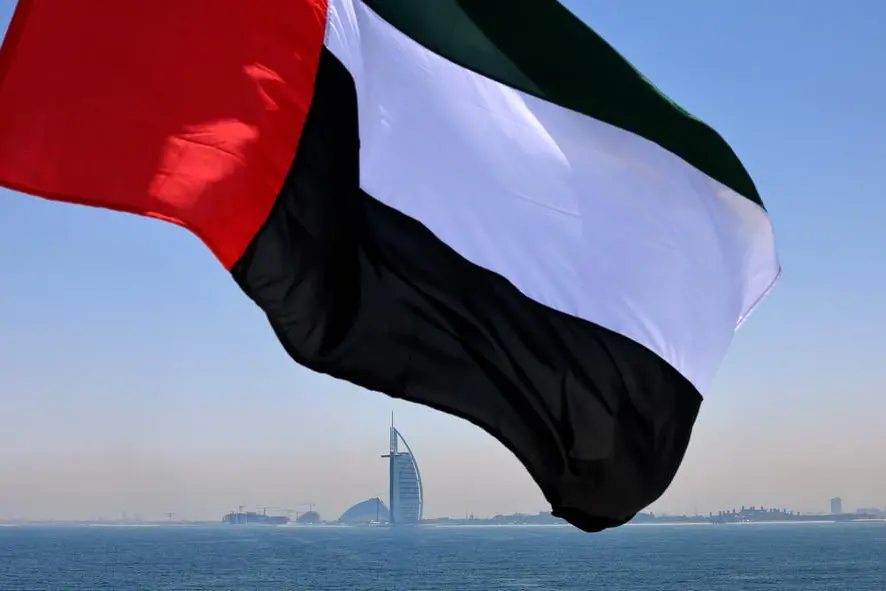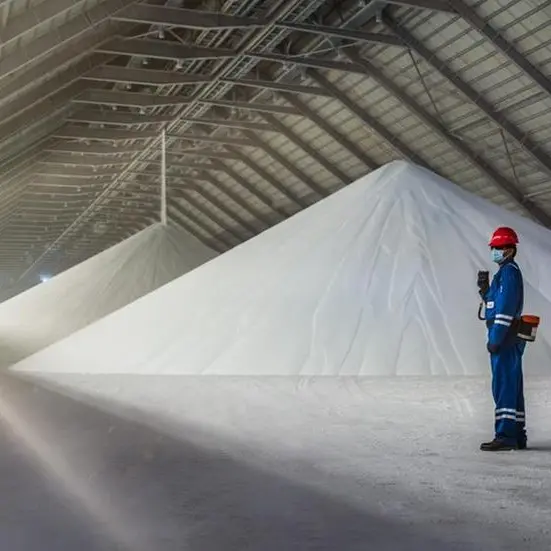PHOTO
ABU DHABI - Issam Abu Suleiman, Regional Director of the Gulf Cooperation Council (GCC) at the World Bank, has said that the UAE plays a pivotal role in the global efforts aimed at limiting the repercussions of climate change in the GCC region and the Middle East, pointing out that "COP28" will constitute a new impetus for the global system towards implementing commitments related to solutions to climate change issues.
"The UAE's hosting of COP28 demonstrates international recognition of the country's efforts in the field of climate sustainability," Abu Suleiman told the Emirates News Agency (WAM).
Abu Suleiman noted that COP 28 represents a great opportunity to push towards green technology and carbon sequestration investments that will be necessary for the world to achieve net-zero emissions by 2050, as well as being an opportunity to move to an economic path of green growth that would further diversify the economy while making a positive impact on the climate.
He pointed out that the UAE, for more than 30 years, has shown great interest in the issue of climate change, in addition to its commitment to investing in projects aimed at reducing its repercussions.
Abu Suleiman said that the World Bank is the first institution to finance climate-related projects worldwide, as it provided financing worth $31.7 billion last year, noting that the world needs more financing to reach climate neutrality by 2050.
The GCC Regional Director at the World Bank stressed that there is an excellent opportunity to diversify the economies of the GCC countries further using the green growth strategy and play a leading role in the global transition to low-carbon economies.
He stated that, according to a recently issued World Bank report, if the GCC states implement a green growth strategy that would help diversify the economy and accelerate its pace, the GDP could exceed $13 trillion by 2050.
He added, "It is expected that the total GDP of the GCC countries will approach $2 trillion in 2022. If the GCC countries continue to operate as usual, their GDP will grow to $6 trillion by 2050."
Abu Suleiman stated that the focus on green growth in the Gulf region is fully consistent with the vision of the GCC countries, which defines a picture of the future economy that relies more on the private sector to play a leading role in investment, job creation and added value.





















